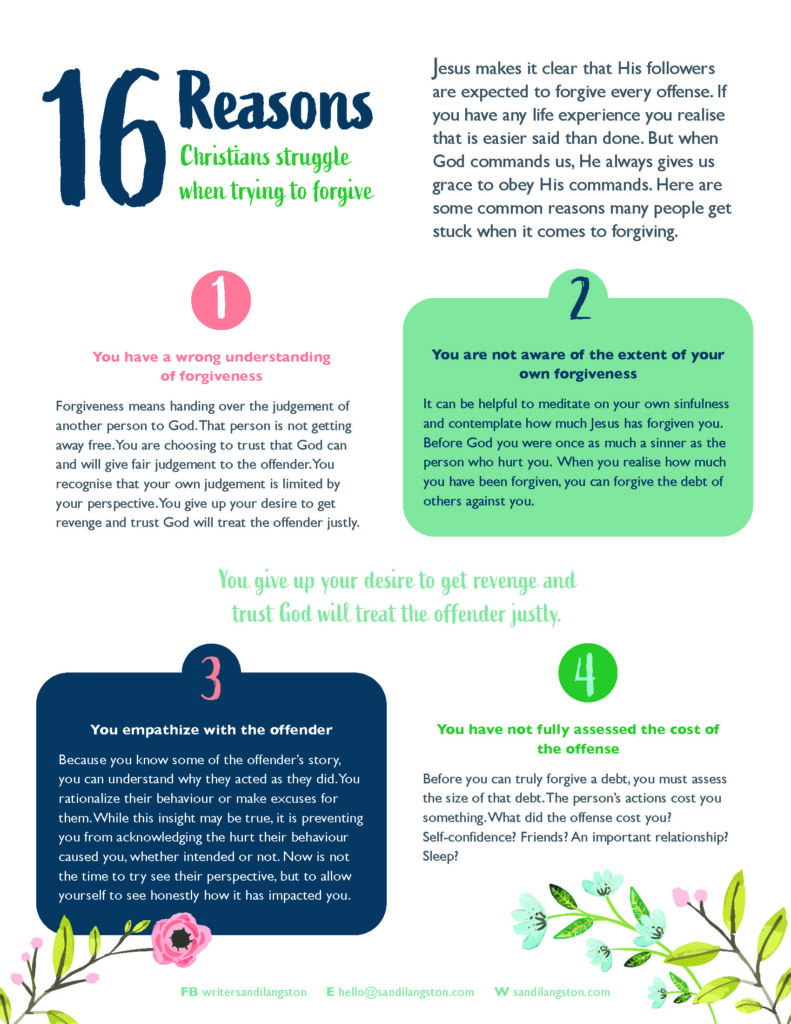Toward Humility
From my perspective, I am not a humble man. I am a proud man pursuing humility by the grace of God.
– C. J. Mahaney
I used to think I was better than everyone I knew, in some way or another. That was very conceited. Thankfully God showed me this glaring sin and He continues to show me. (How soon I admit it is another matter.) Pride is still usually the number one hit on my confession list.
Arrogant pride is rampant, even celebrated in our culture, but it pushes God away. Humility and a contrite heart draw Him near (James 4:6, Isaiah 57:15). With that in mind, Christians should always seek to be humble. I can’t claim to be humble, but here are a few things I have learned about it.
The paradox of human significance
We are very small compared to God in His Majesty. If we are to encounter Him, we will inevitably confront our insignificance and finitude. Yet when we know ourselves to be chosen, saved, and loved by God, we will know our eternal significance. It is a paradox.
We are everything and nothing, but holding to only one of these truths will lead us into pride. If we cling to half a paradox we will take an over- or underestimated view of ourselves. We must hold both in tension – and what we really need is to lift our eyes off ourselves altogether.
Understanding Humility
Humility is not an over-inflated view of the self. No one likes a proud, arrogant, egotistical boaster. Their self-obsession puts us off. Pride’s self-centered narcissism overestimates the self and overlooks the other. Straight-up pride is easy to identify – at least in others, not so much in ourselves.
Humility is not an under-rated view of the self. The one who boasts and the one who cannot accept her strengths are equally trapped in pride. The self-deprecating and seemingly humble view of self is “false humility.” When we hold an overly low view of ourselves, we just as caught up with the self as vanity. Neither view is accurate.
Humility holds an accurate view of the self. Humility requires an accurate view of the self, warts and all. If we are good at something, we are good at it. If we have sinned, then we have sinned. Humility calls things by their real names and it has no need to inflate or downplay reality.
Humility is not focused on the self. When we are truly humble, we have no reason to be concerned about the self. Instead, we are free to focus on God and others. Rick Warren said it concisely:
“Humility is not thinking less of yourself, it’s thinking of yourself less.”
– Rick Warren, Purpose Driven Life
C.S. Lewis said something along the same lines:
“Do not imagine that if you meet a really humble man he will be what most people call ‘humble’ nowadays: he will not be a sort of greasy, smarmy person, who is always telling you that, of course, he is nobody. Probably all you will think about him is that he seemed a cheerful, intelligent chap who took a real interest in what you said to him. If you do dislike him it will be because you feel a little envious of anyone who seems to enjoy life so easily. He will not be thinking about humility: he will not be thinking about himself at all.
If anyone would like to acquire humility, I can, I think, tell him the first step. The first step is to realize that one is proud. And a biggish step, too. At least, nothing whatever can be done before it. If you think you are not conceited, it means you are very conceited indeed.”
– C. S. Lewis, Mere Christianity
Some ways pride shows up
Judging others
But doesn’t everyone judge others? Probably, but that just shows how rampant this disease of pride is. All of humanity is tainted with it. Justifying it doesn’t make it any less sinful. I don’t know the statistics, but I would guess very few people never judge others. (Hopefully most Christians would repent of these prideful thoughts right away.) Humility recognises that we all fall short of God’s glory, and yet Christ laid down His life for every one of us.
Gossip
Pride is fodder for gossip. If we are included in talking badly about another person, that means we are better than them, right? Gossip appeals to our pride, but humility refuses to allow our own insecurities to cut down another.
Entitlement
We think we deserve something. Perhaps it’s happiness and prosperity, or a favourable answer to our prayers. Maybe we expect a life – or even just a year – without suffering. We might get angry over something that doesn’t come our way as we think it should.
Humility has learned it’s all grace. We can earn nothing. The only thing we deserve is death and punishment. “But because of His great love for us, God, who is rich in mercy, made us alive with Christ even when we were dead in transgressions—it is by grace [we] have been saved,” (Ephesians 2:4-5). Our talents and achievements and IQ – it’s all a gift of grace.
Differing standards
We either judge others harshly and justify our own actions, or we condemn ourselves for failing to reach our high standards but ooze grace toward others’ shortcomings. But why do we have different standards in the first place? We set higher standards because we think we are better than others. Or we excuse ourselves from having to reach any standard because we think we are better than others. Either way is pride.
Humility reminds us of the gospel truth that we are all sinners in need of a great Saviour. The only righteous One is Christ, so we had better be found in Him.
Jesus the humble servant
When Jesus wrapped a towel around His waist and washed His disciples’ feet, it was not the first time He humbled Himself, nor the last.
“…Christ Jesus,
Who, being in very nature God,
– Philippians 2:5-8
did not consider equality with God something to be used to his own advantage;
rather, he made himself nothing
by taking the very nature of a servant,
being made in human likeness.
And being found in appearance as a man,
he humbled himself
by becoming obedient to death—
even death on a cross!”
And as John Piper points out, when He comes again, Jesus will continue to serve His followers (Luke 12:37).
Jesus was confident in who He was. He had no need to boast that He was the Son of God, but nor did He downplay His identity. Free from self-concern, He lived a life of humble service.
We are not above our Teacher. “Do as I have done for you,” Jesus said after washing their feet. “No servant is greater than his master” (John 13:15-16). “He who is last will be first,” (Matthew 20:16). And in some mysterious way as we love and serve others, we are loving and serving Christ Himself.
Our response
As the Holy Spirit convicts us of pride, we must respond in confession and worship. These are humble responses and they will lead us toward greater humility.
Confession
We must repent of our pride. Dare to ask God to show you your pride over the coming days and weeks and He will be faithful to answer your prayer. Warning: I did this and it’s a painful exercise, but the joy of cutting out a deadly disease is worth it! Perhaps you would like to apologise to some people in your life.
Worship
A large part of the antidote to pride is to worship God unreservedly. When we keep his largeness in view, we gain a more accurate view of ourselves. His holiness, omniscience, and eternal existence expose our fallenness, feebleness, and finitude. We remember that we are not the center of the universe.
As we preach the Gospel to ourselves, we marvel at His lavish grace and His loving mercy on us – His chosen beloved. We are also of utmost significance because God loves us and gave His very Self for us.
If we remain focused on God, we will rightly balance the tension between our insignificance and our eternal significance. We will look around at the rest of humanity for whom Jesus died and realize their significance too. We will move toward humility.
A lot is at stake. Let’s take inventory of our view of ourselves and evict pride through confession and worship and by following in the footsteps of our humble King Jesus.
Photo by Priscilla Du Preez on Unsplash



